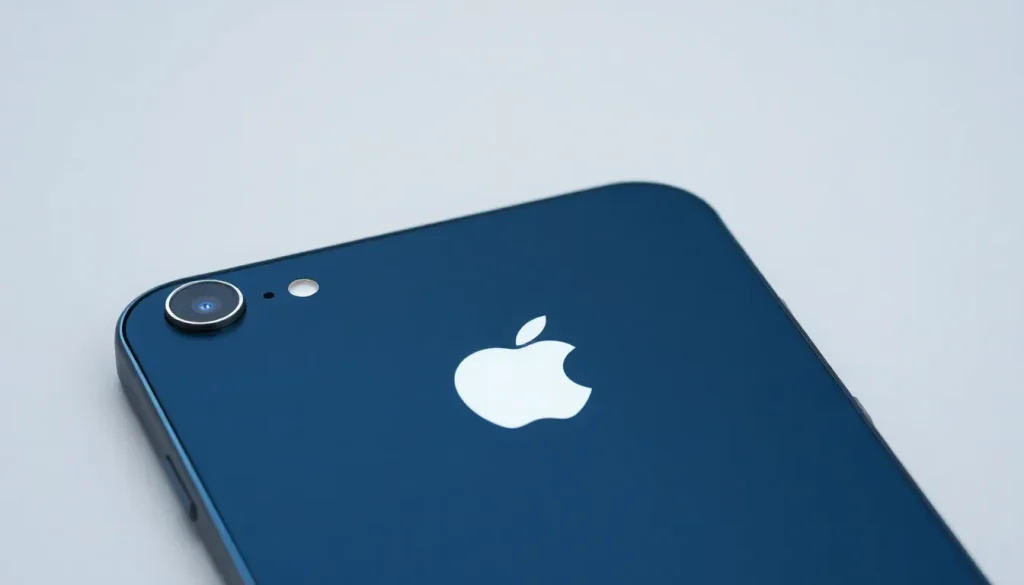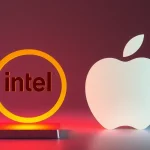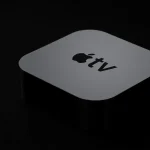Apple warns EU law could delay features and new hardware

The European Union's Digital Markets Act (DMA) is reshaping the landscape for big tech companies, particularly Apple. As the EU assesses the implications of this legislation, Apple has voiced concerns that it may significantly delay the launch of new features and even hardware. These developments set the stage for a broader dialogue about privacy, competition, and innovation in the tech industry.
As we delve into the intricacies of this situation, it's essential to understand how the DMA affects not only Apple's operations but also its users in Europe. Let's explore the implications of this legislation and what it means for the future of Apple's software and hardware offerings.
An overview of Apple and the Digital Markets Act
The Digital Markets Act (DMA) is a groundbreaking piece of antitrust legislation established by the European Union. It aims to promote fair competition in digital markets by designating certain tech giants as "gatekeepers." These companies have such significant market power that they can potentially stifle competition.
Apple was classified as a gatekeeper due to its dominant position in the app ecosystem, particularly regarding iPhone applications. The DMA mandates that Apple must allow app developers to distribute their apps through alternative app stores, breaking the monopoly it held through its own App Store. This shift has led to the emergence of various third-party app stores, giving users more choices.
Furthermore, the DMA stipulates that Apple must ensure that features designed for its own hardware, such as AirPods, must also be accessible to third-party products. This requirement raises privacy concerns for Apple, which claims it has led to the delay of several software features within the EU.
Delayed features: iPhone Mirroring and AirPods Live Translation
Two specific features that have faced delays due to the DMA are iPhone Mirroring and AirPods Live Translation.
The Live Translation feature with AirPods leverages Apple Intelligence to facilitate real-time communication across different languages. However, ensuring the privacy of these conversations, which are processed on-device and not accessible to Apple, poses technological challenges that require additional engineering efforts. Apple is committed to maintaining user privacy, which complicates the deployment of this feature to non-Apple devices.
iPhone Mirroring allows users to view and manage their iPhone from a Mac, providing seamless interaction between the two devices. However, Apple has yet to find a secure method to extend this feature to third-party devices without jeopardizing user data. This commitment to user security has delayed its rollout in the EU.
Moreover, features such as Visited Places and Preferred Routes on Maps, which rely on storing location data on the device, have also faced postponements. Apple insists that sharing this data with third-party developers without compromising user privacy remains a significant challenge.
Challenges in software deployment
Apple emphasizes that the privacy protections required under the DMA necessitate extensive modifications for its hardware. These adaptations become exponentially more complex when third-party products are involved. While Apple does not oppose the principle behind the DMA, it asserts that immediate access to features for competitor hardware is unfeasible until these additional issues are addressed.
Currently, Apple is navigating a precarious landscape where the only way to avoid hefty fines is by delaying the release of specific features in the EU. The company anticipates that further functionalities may also encounter launch delays, especially since previous proposals have been rejected by European competition regulators.
Future of new hardware launches
To date, Apple has not postponed any new hardware launches within EU markets. The company maintains a positive outlook, stating that it does not foresee this happening soon.
However, Apple acknowledges the evolving nature of the DMA, which could cast uncertainties over its plans. The stringent regulations may lead to unforeseen complications, potentially impacting future hardware releases.
Apple’s perspective on the DMA and its implications
According to Apple, the DMA, intended to foster competition, has paradoxically hindered it. The company argues that:
- Fewer choices for consumers: Delays in feature availability mean that EU users miss out on the latest innovations, resulting in a technological gap compared to users in other regions.
- Reduced differentiation: The DMA’s requirements lead to a homogenization of offerings, making iOS appear more like Android and diminishing unique choices for consumers.
- Unfair competitive landscape: Apple contends that the DMA disproportionately targets it while other competitors remain unscathed, undermining the innovation that has characterized its ecosystem.
Apple is advocating for either the repeal or substantial revision of the DMA, highlighting the need for a more balanced regulatory approach.
Highlighted accessories for Apple's ecosystem
As Apple navigates these regulatory challenges, users may still be interested in enhancing their experience with compatible accessories. Here are some highlighted products:
- Official Apple Store on Amazon
- Apple 40W Dynamic Power Adapter for iPhone 17
- Official Apple iPhone Air cases and bumpers
- iPhone Air MagSafe Battery
- Official iPhone Air case
- Official iPhone 17 cases
- Official iPhone 17 Pro and Pro Max cases
As the situation with the Digital Markets Act evolves, it will be interesting to see how Apple adapts its strategies to comply with the regulations while continuing to prioritize user privacy and innovation.
For more insights on the evolving tech landscape, check out this video that explores Apple's challenges with new technologies and regulatory pressures:
Photo by Immo Wegmann on Unsplash




Leave a Reply